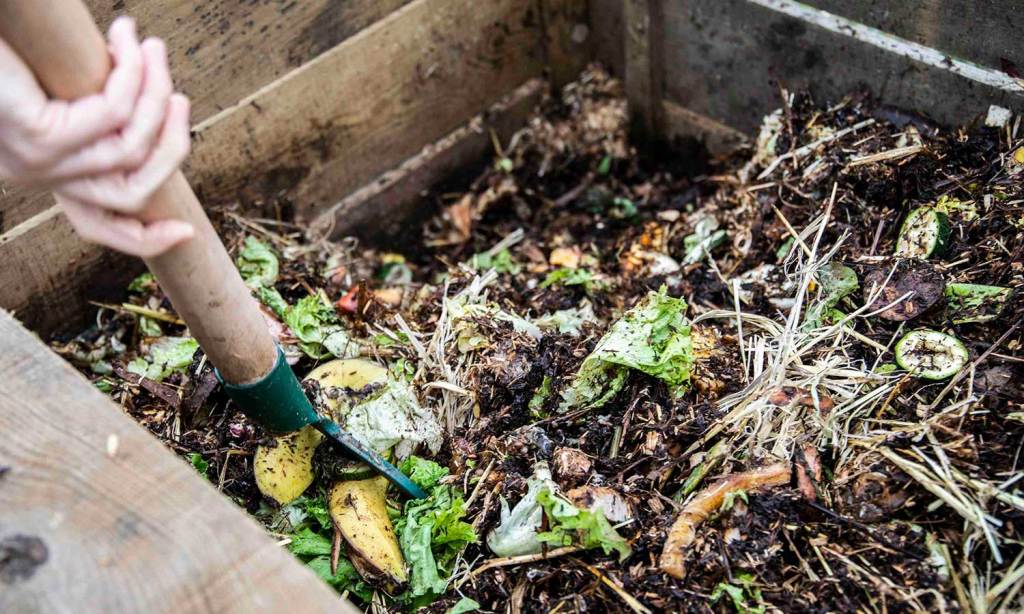The Latch has partnered with Suncorp Bank to deliver sustainability content that helps helps our readers drive positive action in their every day lives.
We’ve all had grand plans to start a compost bin at some point, but maintaining a healthy one can also feel like a challenge. But composting’s really not as difficult as it may appear to be from the outset. Composting is one of the easiest and most environmentally-friendly ways to get rid of the waste coming out of your kitchen and transform it into fertilising gold for your plants.
When embarking on your composting journey, there are a few things to consider, like what bin to choose (and whether it’s for an apartment or a house) and collect all the starter ingredients to ensure a healthy compost bin from the jump.
We’ve all had grand plans to start a compost bin at some point, but maintaining a healthy one can also feel like a challenge. This Instagram video presents a few simple strategies people can use to troubleshoot their compost bin woes and fix them, quickly.
For those of you who have already started composting but are facing issues like an odd smell, slow breakdown of organic matter, or maybe a plague of pests, there are a few simple strategies you can use to troubleshoot your compost bin woes and fix them, quickly. Here are three simple ways to fix your compost bin.
Stir Your Compost
If you don’t have an automated bin, you will need to manually stir the compost using a rake or a deep shovel. While stirring, you can also break up the pieces of organic matter so they are smaller and well-distributed inside the bin. This movement will help the organic matter to aerate, which allows microorganisms and bacteria to attach to the matter and break down faster. A lot of times, when we continuously add to our compost without stirring it, the different types of organic matter don’t mix properly and takes longer to break down.
Add More Browns than Green
The general guideline when setting up compost is to have a ratio of three parts brown materials to one part green material, to help prevent funky smells or inconsistent decomposition. The brown matter could be literally anything that is brown and comes from the earth, such as fallen sticks, branches, dried leaves, flowers, old wood, soil, old paper bags, newspapers, coffee and tea grounds and egg shells.
Toss In (Almost) Everything Organic
The magic about compost is that almost anything from the earth can go back to the earth via your compost bin. There are a few rules, with the experts advising against tossing in animal products like bones, skin, cartilage and meat, and processed items like sauces, spreads, jams and drinks. Even if they are comprised of ‘natural ingredients’ these products usually take longer to break down and can attract pests — like flies and other bugs — in the meantime. For a smoother process, try to keep all of your organic matter in the brown to green categories.
Read more stories from The Latch and subscribe to our email newsletter.
Any representations, views or opinions contained in this article are those of The Latch and do not reflect those of and are not endorsed by Suncorp Bank.







